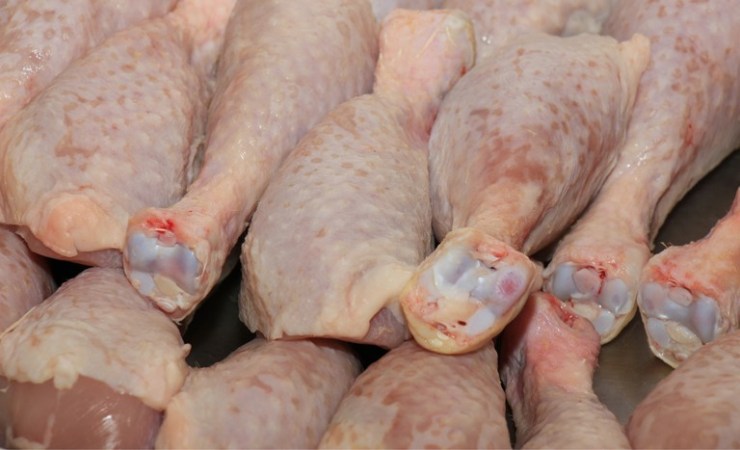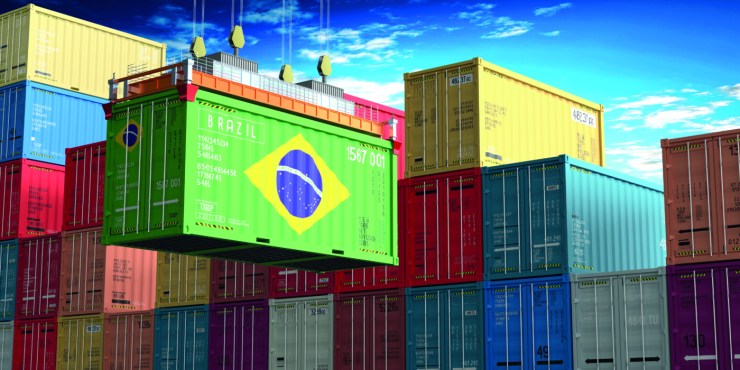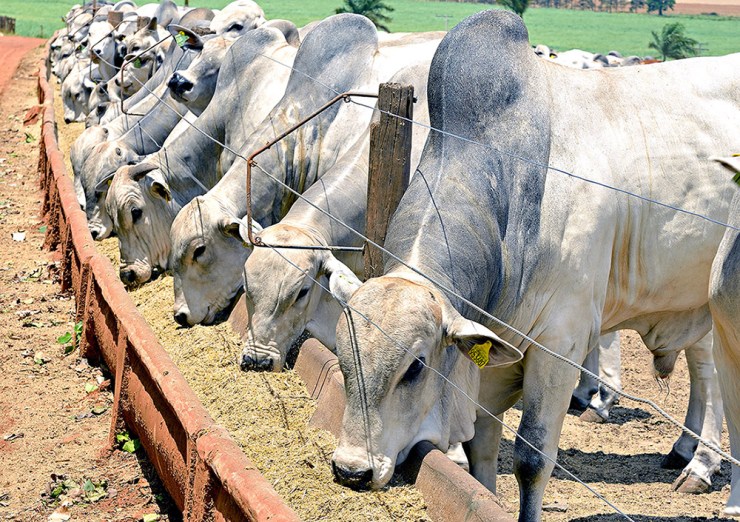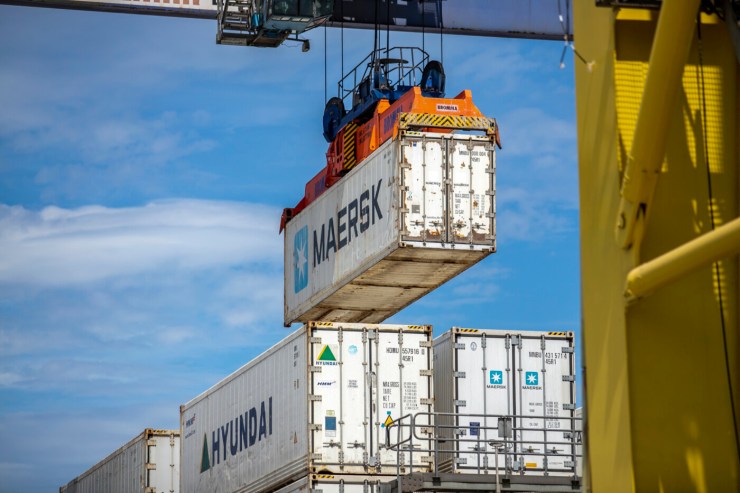Tariffs of 50% imposed on part of Brazilian exports to the United States came into effect this Wednesday (06). The measure, signed last week by US President Donald Trump, affects 35.9% of goods sent to the US market, which represents 4% of Brazilian exports. Around 700 Brazilian products were excluded from the tariff increase. 

Coffee, fruit, and meat are among the products that will now be subject to a 50% surcharge. Exempted from this tax are orange juice and pulp, fuels, minerals, fertilizers, and civil aircraft, including their engines, parts, and components, wood pulp, cellulose, precious metals, and energy and energy products.

Photo: Gilson Abreu
The tariff hike imposed on Brazil is part of the White House's new policy, inaugurated by Donald Trump, of raising tariffs against trading partners in an attempt to reverse the relative loss of competitiveness of the American economy to China in recent decades.
On April 2, Trump launched the trade war by imposing tariffs on countries based on the size of the US deficit with each nation. Because the US has a surplus with Brazil, the lowest tariff of 10% was imposed in April.
However, in early July, Trump raised the tariff to 50% against Brazil in retaliation for decisions that, according to him, would harm US big tech companies and in response to the trial of former president Jair Bolsonaro, accused of leading an attempted coup d'état after losing the 2022 election.
Experts consulted by Agência Brasil assess that the measure is political blackmail aimed at targeting BRICS, the bloc of emerging powers that has been seen by Washington as a threat to US hegemony in the world, especially due to the proposal to replace the dollar in trade.
Negotiations
After the imposition of tariffs was confirmed last week, the United States Treasury Department contacted the Ministry of Finance to begin negotiations on the tariffs, at the same time that Trump announced his willingness to speak personally with President Lula.
 This week, Finance Minister Fernando Haddad said that rare earths and critical minerals could be the subject of negotiations between Brazil and the United States. These minerals are essential to the technology industry and are a key source of contention between Beijing and Washington. "We have critical minerals and rare earths. The United States is not rich in these minerals. We can make cooperation agreements to produce more efficient batteries," Haddad said in an interview with a television network.
This week, Finance Minister Fernando Haddad said that rare earths and critical minerals could be the subject of negotiations between Brazil and the United States. These minerals are essential to the technology industry and are a key source of contention between Beijing and Washington. "We have critical minerals and rare earths. The United States is not rich in these minerals. We can make cooperation agreements to produce more efficient batteries," Haddad said in an interview with a television network.
According to the Finance Minister, the coffee sector believes it could benefit from an agreement with the US to remove the product from the list of tariffed goods. On the same day Trump signed the tariff increase, China authorized 183 Brazilian companies to export coffee to the Asian country.




